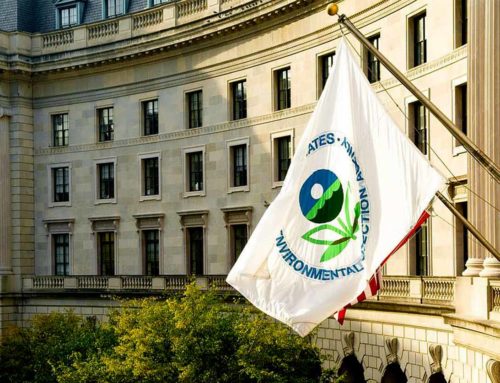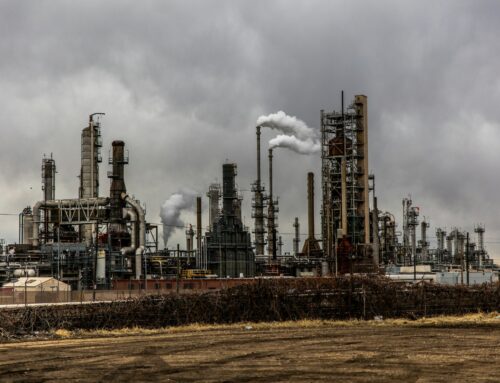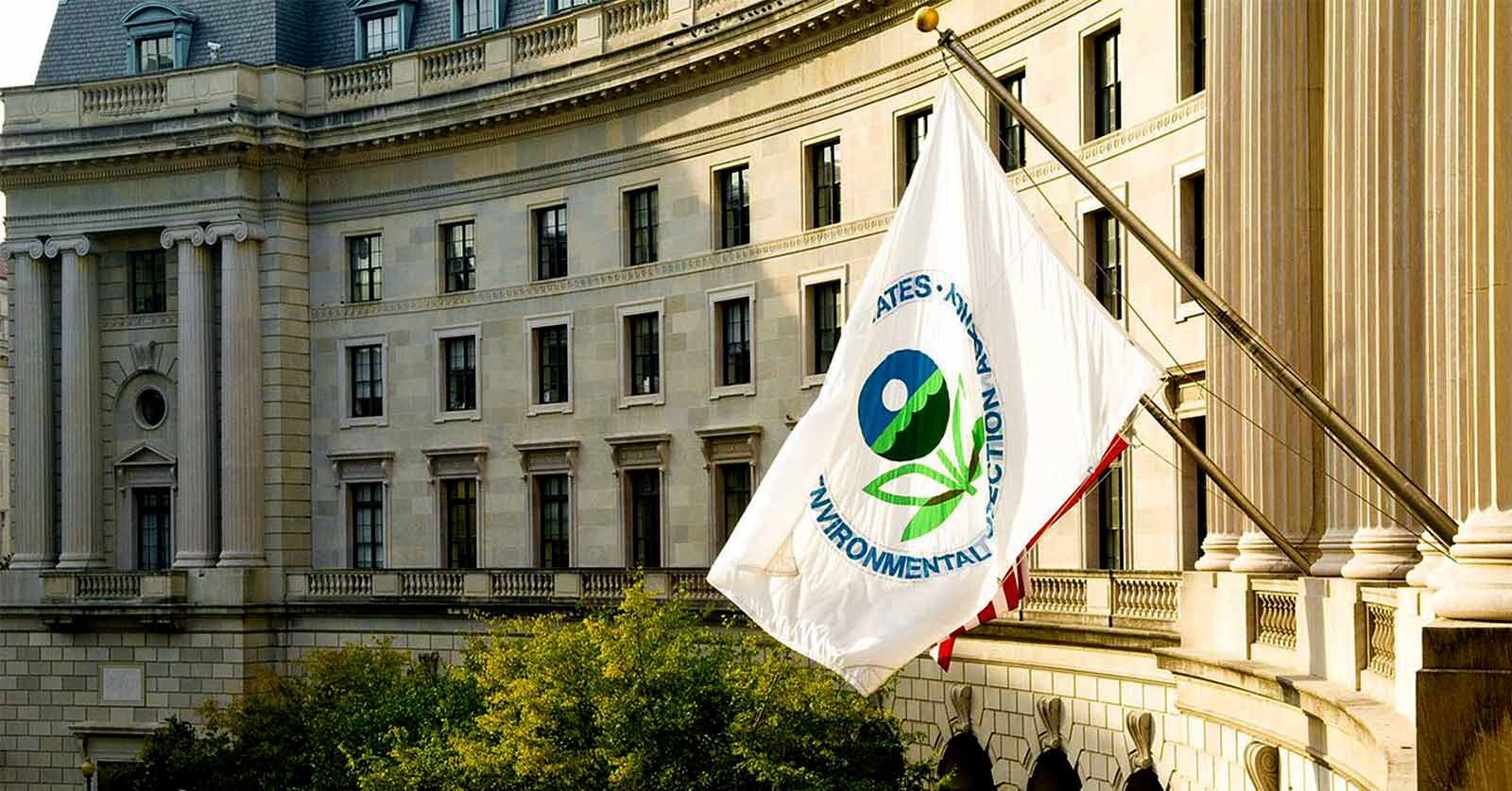On Monday, February 13th, the House Natural Resources Committee Energy and Mineral Resources Subcommittee held a field hearing entitled “Federal Energy Production Supports Local Communities.” The hearing was held on the campus of The University of Texas Permian Basin Midland Campus in Midland, Texas. Four members of the subcommittee attended: Rep. Stauber (R-MN), Rep. Westerman (R-AR), Rep. Pfluger (R-TX), and Rep. Tiffany (R-WI).
The hearing featured testimony from a trio of witnesses, including Tracee Bentley, President & CEO of the Permian Strategic Partnership; Douglas Ackerman, President & CEO of the New Mexico Oil & Gas Association; and New Mexico state Senator David Gallegos (District 41). The hearing primarily focused on the impact of the oil and gas industry on communities in west Texas and southeastern New Mexico.
The hearing began with committee members’ concerns about the impact of the federal permitting process on the oil and gas industry. The members of the committee who were present raised the importance of American energy security and the economic benefits of the oil and gas industry.
While the oil and natural gas industry represents an important part of our nation’s energy mix and the permitting process must be reformed, changes to the current system must protect taxpayers from increased costs and liabilities. A robust permitting review process and increased public participation can ensure taxpayer resources are developed responsibly.
While Committee members raised concerns around the permitting process and its effect on business and operations, the industry itself has pointed to other issues impacting their decision to increase production. In fact, when gas prices were soaring, industry leaders pledged capital restraint and chose to limit production growth to prioritize returns to investors. Pioneer Resources CEO said back in March 2022 that they would not produce more, not even for $200 per barrel oil.
At the end of fiscal year 2022, oil and gas companies held 8,663 approved but unused Application for Permit to Drill (APDs) up from 7,091 in FY2020. And meanwhile, business is quite the opposite of being stifled—it’s booming. The world’s six largest publicly traded oil and gas companies brought in record profits in 2022 —$198 billion— more than double what they earned in 2021. Federal onshore and offshore oil production also reached a record high in FY2021.
On February 16th, the House Energy and Commerce, Energy, Climate and Grid Security held a second field hearing in Midland entitled “American Energy Expansion: Improving Local Economies and Communities’ Way of Life.” The hearing was held at the Bush Convention Center.
The hearing had four witnesses: Steven Pruett, President and CEO of Elevation Resources and chairman of the Board for Independent Petroleum Association of America; Lori Blong, Mayor of Midland, Texas, and president of Octane Energy; Maria A. Reyes, Deputy director of Commission Shift; and Adrian Carrasco, Chairman of the Midland Hispanic Chamber of Commerce and president of Premier Energy Services.
During the hearing both Rep. Scott Peters (D-CA) and Rep. Michael Burgess (R-TX) raised the importance of addressing methane emissions in the oil and gas drilling process. Rep. Peters pointed out that the Inflation Reduction Act (IRA, P.L. 117–169) appropriated billions of dollars for methane emissions monitoring and reduction at oil and gas facilities, stressing that these reforms are vital and can be done “without breaking the bank for companies.” Unfortunately for taxpayers, not breaking the bank of companies means that taxpayers are essentially subsidizing oil and gas companies once again to curb their own wasteful practices of venting and flaring. Rep. Michael Burgess (R-TX) agreed that methane emissions were a real problem, pointing to issues with getting methane to refineries in an expeditious manner.
TCS has long called for reform on the rules which govern methane emissions. Every year, oil and gas companies waste billions of cubic feet of methane extracted from federal lands. Routine venting and flaring practices not only keep a valuable resource from consumers, but also cost taxpayers through lost royalty revenue and the increasing taxpayer costs of climate change. TCS has recently submitted comments to the Environmental Protection Agency (EPA) and Bureau of Land Management (BLM) calling for stronger regulations regarding methane emissions.
The oil and gas leasing process is in need of reform to ensure our nation’s valuable natural resources are developed responsibly. Oil and gas companies continue to net billions in profits while also being subsidized by an outdated federal leasing and tax system. Taxpayers deserve a fair return for the use of our valuable public lands and the resources within them.














Get Social